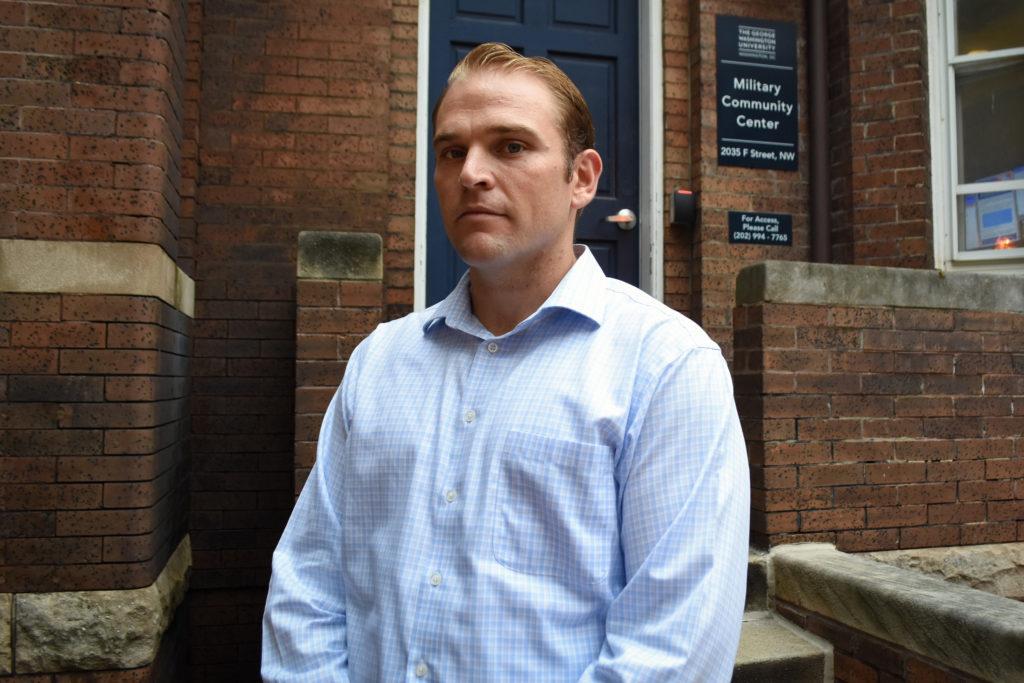For the first time in two years, the office that serves military students is fully staffed.
Officials said the Office of Military and Veteran Student Services filled four positions over the past five months: a program manager and a program coordinator, who both manage student engagement, and two graduate student assistants, who process veterans’ benefits. Students said the new staff will increase the office’s capacity to create educational and social programs for students.
Andrew Sonn, the director of the office, said a series of new events will begin this fall, on top of annual events like the 9/11 Remembrance Ceremony and Veterans Day Wreath Laying event. He said the office will also create more health- and wellness-focused activities, like a kayaking trip, hikes and yoga classes.
“With a full staff and a budget consistent with years past, combined with the cross-divisional support from our colleagues within the Enrollment and the Student Experience, we are looking forward to providing enhanced support and student services to our military and veteran community this coming academic year,” he said.
He added that the office is also expanding resources for students on the Virginia Science and Technology Campus and held a specialized orientation for veterans. He said the military office is also partnering with the career center to encourage students to attend networking events and employer visits in New York City.
“We hope that our military and veteran students continue to see GW as a thriving campus committed to supporting them as they pursue their education,” Sonn said.
He declined to say if any positions were dissolved in the office over the summer.
Student concerns about five departures in the military office over an 18-month period prompted a review last fall, which concluded in the spring. The review’s findings called for more academic resources for veterans and better marketing of the office’s resources to military-affiliated students.
Ryan Welch, the president of GW Veterans, said the new program manager has worked with the executive board to plan more social events – like the kayaking and hiking trips – that are already paid for by the office. Having accessible events will encourage more of the military-affiliated students at GW to take advantage of the resources the Military Community Center has to offer, he said.
Welch said that last year, the president of GW Veterans was responsible for planning any new events or programs, which was difficult to manage while also maintaining status as a full-time student. He said that because the office wasn’t fully staffed, few new events were added because student leaders did not have time to organize them.
“If you get caught up with school and everything, it’s hard to keep up with the volunteering work you’re doing because it’s hard to balance,” he said.
Yannick Baptiste, the former president of GW Veterans and the director of alumni relations for the group, said the fully-staffed office has more freedom and resources to work on new projects and is willing to work with students.
“It’s extremely student-centric,” he said. “There’s a higher level of student engagement.”
But he said that even though programming may increase, the office still does not have a high-level administrator to connect veterans with top GW officials. Mel Williams, the former associate provost for military and veteran affairs, left the University in 2016 and was never replaced. Baptiste said that when, eventually, there is something veterans need at an institutional level, it will be challenging not to have a high-level advocate.
“I think we need to look at what other universities are doing, and sometimes that requires an administrator’s touch,” he said.





